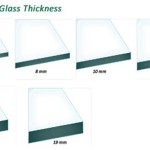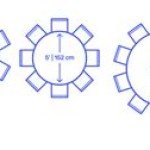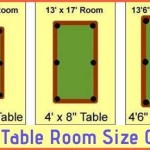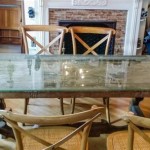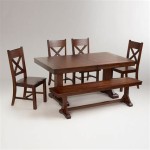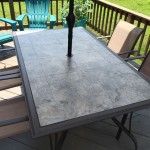Table Skirting Designs and Procedures
Table skirting, also known as table draping, is a decorative technique used to enhance the aesthetics of tables, particularly in formal settings. Table skirting involves draping fabric around the table to conceal its legs and create a polished and elegant appearance. This article will explore various table skirting designs, materials, and procedures to assist in creating visually appealing and functional table arrangements.
Table Skirting Designs
The design of table skirting is a crucial aspect that influences the overall aesthetic of the table setup. There are numerous design options, each catering to different preferences and event themes. Some popular designs include:
1. Straight Skirting
Straight skirting is perhaps the simplest and most common design. It involves draping a rectangular piece of fabric around the table, ensuring the fabric hangs evenly on all sides. This design is suitable for various table shapes, including round, square, and rectangular tables.
2. Fitted Skirting
Fitted skirting offers a more tailored appearance, providing a snug fit around the table's frame. This design typically requires custom-made fabric panels that are carefully fitted to the table dimensions. Fitted skirting is ideal for achieving a polished and professional look.
3. Tiered Skirting
Tiered skirting adds visual interest and dimension to the table. It involves draping multiple layers of fabric, with each layer cascading down at different lengths. This design creates a cascading effect and can enhance the table's grandeur.
4. Asymmetrical Skirting
For a more contemporary and unconventional look, consider asymmetrical skirting. This design involves draping fabric at varying lengths on different sides of the table, creating an uneven and visually dynamic effect.
Table Skirting Materials
The choice of fabric significantly affects the overall look and feel of table skirting. Different materials offer varying degrees of drapability, texture, and weight. Popular options include:
1. Satin
Satin is a luxurious and elegant fabric known for its smooth, lustrous finish. It drapes beautifully and adds a touch of sophistication to any event.
2. Chiffon
Chiffon is a sheer and lightweight fabric that adds a delicate and ethereal touch. It is often used for creating flowing and graceful table skirts.
3. Velvet
Velvet offers a luxurious and opulent feel, with its rich texture and soft pile. It is ideal for adding warmth and elegance to table settings.
4. Linen
Linen is a natural and durable fabric known for its breathability and wrinkle-resistant properties. It adds a rustic and elegant touch to table skirting.
Table Skirting Procedures
Once you have finalized the design and chosen the fabric, it is time to proceed with the skirting procedure. The specific steps may vary depending on the design and complexity of the skirt, but generally include the following:
1. Measuring
Begin by carefully measuring the table's dimensions, including length, width, and height. Ensure accurate measurements to ensure the skirt fits properly.
2. Cutting
Using the measurements, cut the fabric panels to the desired lengths. Add extra fabric to account for seams and pleats.
3. Sewing
Sew the fabric panels together, creating seams that are strong and secure. For a more tailored look, use a serger to finish the edges and prevent fraying.
4. Hemming
Hem the edges of the fabric panels to create a clean and finished look. This step also helps prevent the fabric from fraying or unraveling.
5. Pleating
Pleating the fabric can add volume and texture to the skirt. Various pleating techniques exist, such as box pleats, knife pleats, and inverted pleats.
6. Drapping
Drape the fabric panels around the table, ensuring they hang evenly and gracefully. Secure the fabric in place using clips, pins, or weights.

10 Simple Table Skirting Styles For Beginners Basic Part 1

Ribbon Table Skirting Procedures Decoração De Igreja Evangelica Decorações Altar

How To Make Rose In Table Skirting

Ribbon Table Skirting Procedures Santa Cena

7 More Table Skirting Design Ideas Basic Part 2

Table Skirting Five Pleats With Scallop Design Basic Tutorial Skirt Cloth Decorations Simple

Types Of Table Skirting Sizing With S Names

Table Skirting Box Pleat With Erfly Design Tutorial

Table Skirting Tutorial Basic Pleats For Beginners

Layering Color 3 2 With Basic Design Table Skirting Tovaglie Runner
Related Posts

